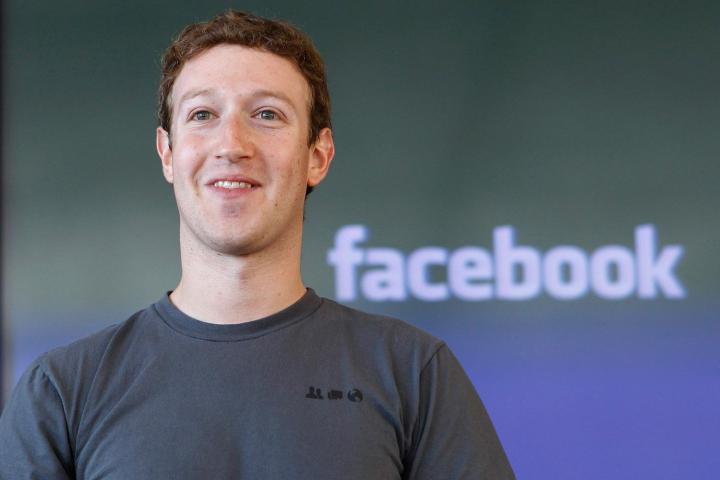
In a Facebook post published Thursday, the social network’s co-founder and CEO Mark Zuckerberg said U.S. government surveillance efforts are “a threat” to a free and open Internet – so much so that he claims to have called President Barack Obama to express his “frustration” about the issue.
“The US government should be the champion for the internet, not a threat,” wrote Zuckerberg. “They need to be much more transparent about what they’re doing, or otherwise people will believe the worst.
“I’ve called President Obama to express my frustration over the damage the government is creating for all of our future. Unfortunately, it seems like it will take a very long time for true full reform.”
Zuckerberg says that the key to keeping the Internet “strong” is to “to keep it secure” through encrypted communications, two-factor authentication for logins, and helping other companies fix their security issues, which he says Facebook’s engineers regularly do.
“The Internet works because most people and companies do the same,” Zuckerberg wrote. “We work together to create this secure environment and make our shared space even better for the world.”
Because government policy solutions apparently remain far in the distance, says Zuckerberg, “it’s up to us – all of us – to build the internet we want.” This sentiment echoes that of NSA whistleblower Edward Snowden, who on Monday told a crowd at the 2014 South by Southwest Interactive Festival via Google Hangouts video chat that developers can help strengthen Internet communications by incorporating end-to-end encryption in their products, which would make it financially unfeasible for the NSA or other surveillance actors to spy on the general public, rather than suspected terrorists and other criminals, as is currently the case.
“[The NSA] are setting fire to the future of the Internet,” said Snowden. “The people who are in this room now, you guys are all the firefighters, and we need you to help us fix this.”
Zuckerberg’s comments come one day after The Intercept’s Ryan Gallagher and Glenn Greenwald reported that, according to documents leaked by Snowden, the NSA created servers that impersonated Facebook to trick targets into exposing their computers to NSA malware. The NSA reportedly had the capabilities to infect “millions” of computers with covert viruses that gave spies complete access to files, and even the ability to remotely wipe targeted machines.
Read Zuckerberg’s full post below:

Editors' Recommendations
- Mark Zuckerberg: Facebook made ‘operational mistake’ before Kenosha shooting
- Zuckerberg reportedly expressed ‘disgust’ over Trump’s post on internal call
- Mark Zuckerberg explains why Facebook didn’t block Trump’s Minnesota post
- Congress shows Facebook CEO Mark Zuckerberg no mercy during Libra hearing
- Watch Live: Mark Zuckerberg testifies before Congress about Facebook Libra


